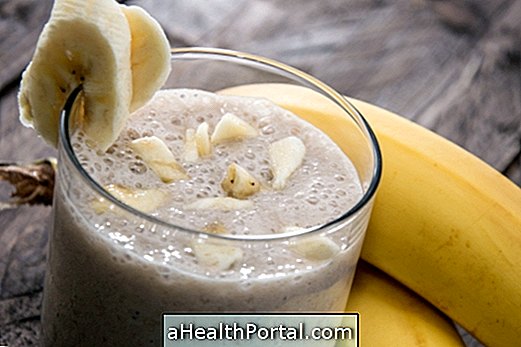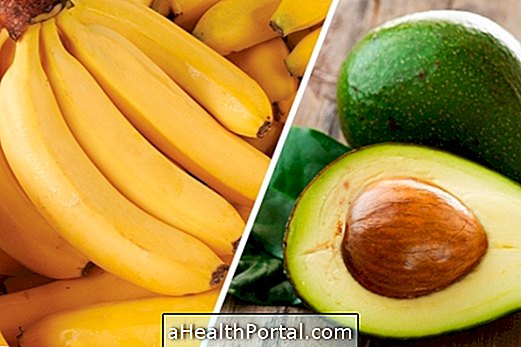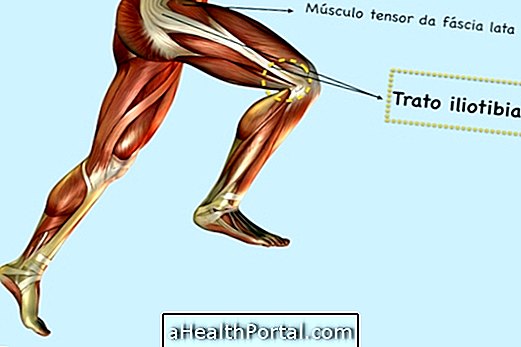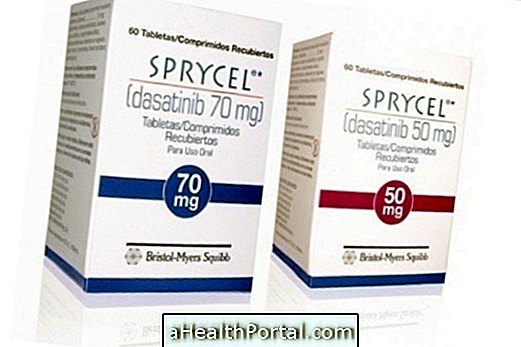Fennel, also called fennel, is a medicinal plant rich in fiber, vitamins A, B and C, calcium, iron, phosphorus, potassium, sodium, and zinc. In addition, it has antispasmodic properties being very effective in combating gastrointestinal disorders. Fennel is able to improve digestion, combat gas and can be used by all ages.
Fennel tea can also be consumed to increase breast milk production and treat baby cramps caused by gas build-up.
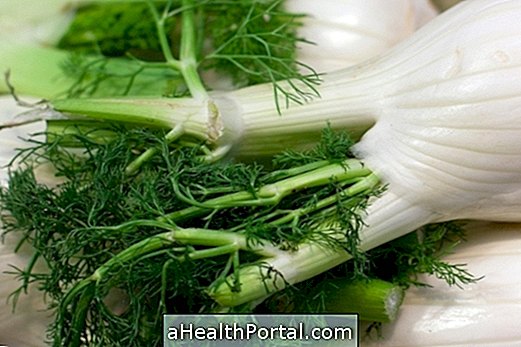
What is fennel tea used for?
Fennel has anti-inflammatory, stimulating, digestive and diuretic properties, and therefore has several benefits, such as:
- Prevention of heartburn;
- Relief from motion sickness;
- Reduction of gases;
- Digestion aid;
- Laxative effect;
- Increases appetite;
- Cough combat;
- Increases milk production in pregnant women.
In addition to being used in tea, the fennel can also be used to season salads and in the preparation of sweet or spicy dishes gratinados or refogados. Learn more about the benefits of fennel.
Fennel tea for weight loss
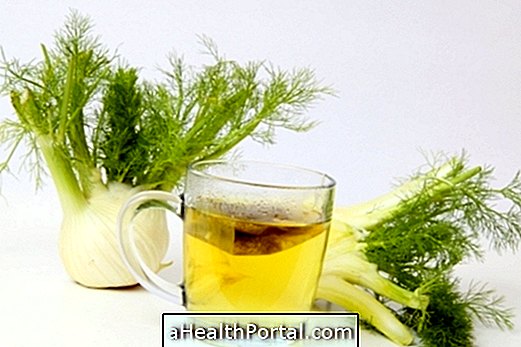
Fennel tea can be made with both the seeds and the green leaves of fennel.
Ingredients
- 1 cup boiling water;
- 1 teaspoon fennel seeds or 5 g green fennel leaves.
Method of preparation
Add the seeds or fennel leaves in a cup of boiling water, cover and wait to melt. Strain and drink to follow.
Fennel tea for baby
Fennel tea is good for stopping the baby's colic that no longer breastfeeds but should not be used without medical guidance or in large quantities. For babies who exclusively breastfeed, the solution may be for the mother to drink fennel tea, since this herb is capable of increasing milk production and the properties of the herb are passed on to the baby at the time of breastfeeding.
To stop baby colic you can:
- Give the baby who does not breastfeed about 2 to 3 teaspoons of fennel;
- Perform a gentle massage, with movements in the direction from the top down especially on the left side of the baby's tummy;
- Put a bag of warm water under the baby's belly and let him lay momentarily on his belly down.
However, if after 1 hour of attempts, the parents can not calm the baby should call the pediatrician and explain the situation.
If the first 2 months of the baby shows constant cramping, vomiting and the baby becomes very restless or very still, pale, with wide eyes but no fever, it may be that he is suffering from an intussusception of the intestines, popularly called "knot in the guts" and in this case should not give any remedy for pain or colic as it can mask this symptom and aggravate the situation. Learn how to treat baby cramps.
